WeWork Lands Tech Firm for Manhattan Lease
Contentsquare picked flex space at a vintage downtown property.
New York-based Contentsquare has expanded its footprint in Manhattan with the addition of 30,000 square feet of office space at WeWork 53 Beach. The digital experience analytics firm inked a 36-month lease with global flexible space provider WeWork for the digs at the six-story building in Tribeca.
The lease comes on the heels of Contentsquare’s closing of a $500 million Series E funding round and will allow the firm to help accommodate plans for the hiring of 1,500 new employees. Contentsquare had a bevy of alternatives from which to choose in Manhattan’s office market but found its ideal fit on four tailored floors of the century-old brick building, an owned asset of Wegweiser and Ehrlich LLC.
READ ALSO: Top 5 NYC Office Building Sales
“Being in the heart of Tribeca is great. It’s a unique location in a beautiful and historic neighborhood, and it’s ideally situated with good transportation options,” Celia Dorr, chief people officer of Contentsquare, told Commercial Property Executive. “We love that we have been able to make the space truly ours and create a sense of belonging and excitement for our teams. When it’s warm enough, employees can take to the rooftop to enjoy the beautiful outdoors and city views.”
The tailored space at 53 Beach gives Contentsquare’s employees the freedom to engage in both independent and collaborative work styles as they pursue the company’s flexible and hybrid work model. In addition to the aforementioned private outdoor rooftop space, the new 53 Beach location will feature lounge areas, reading nooks, private phone booths and conference rooms.
Flexing office options
There’s no shortage of traditional office space in New York City but Contentsquare had its reasons for selecting flex office space for its expansion. “We chose a flex space because we are true collaborators; we wanted employees to have the ability to connect with each other while still offering space for productive work and meetings,” Dorr said. “Most importantly, we chose a flex space to adjust to our growth as a company. We’re not traditional, so why choose a traditional office space?”
As the workforce moves forward toward a post-pandemic climate, more employers may begin to go the path of Cotentsquare when pursuing office expansions or relocations. According to a fourth quarter 2021 survey by The Instant Group, “Despite the change in working patterns over the past 20 months, demand for office space has not disappeared. Instead, the occupier mindset has changed and both employers and employees alike see flexible workspace as supporting and enhancing the flexible working model rather than being a redundant asset.”



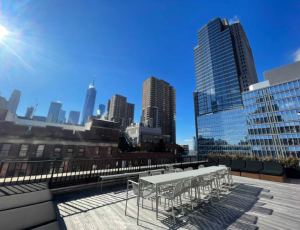
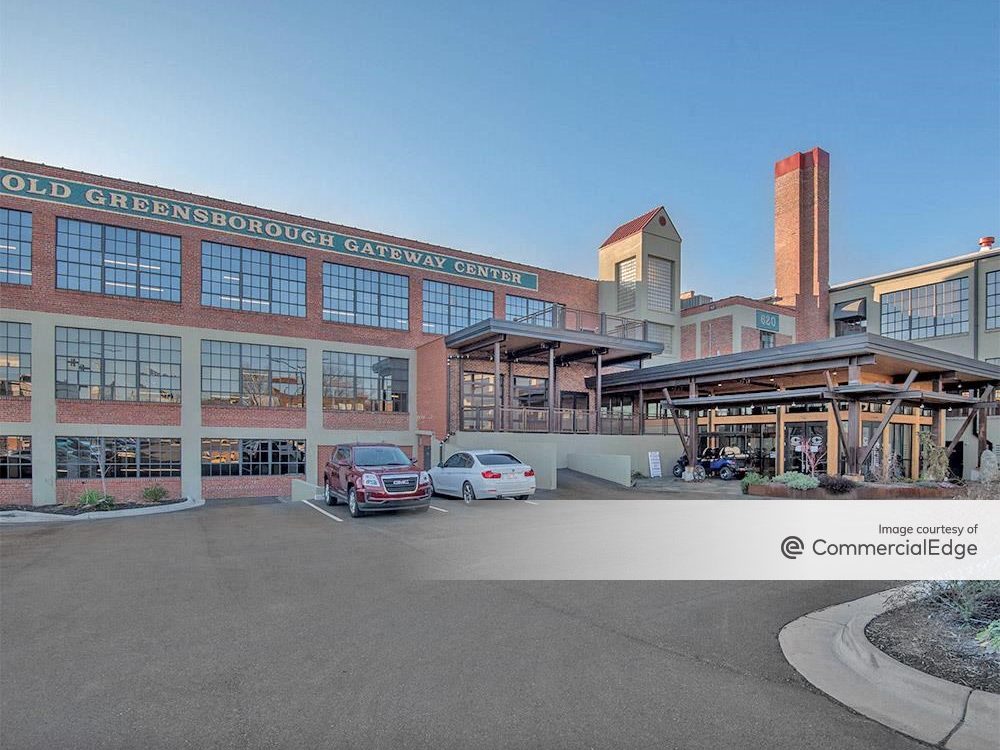

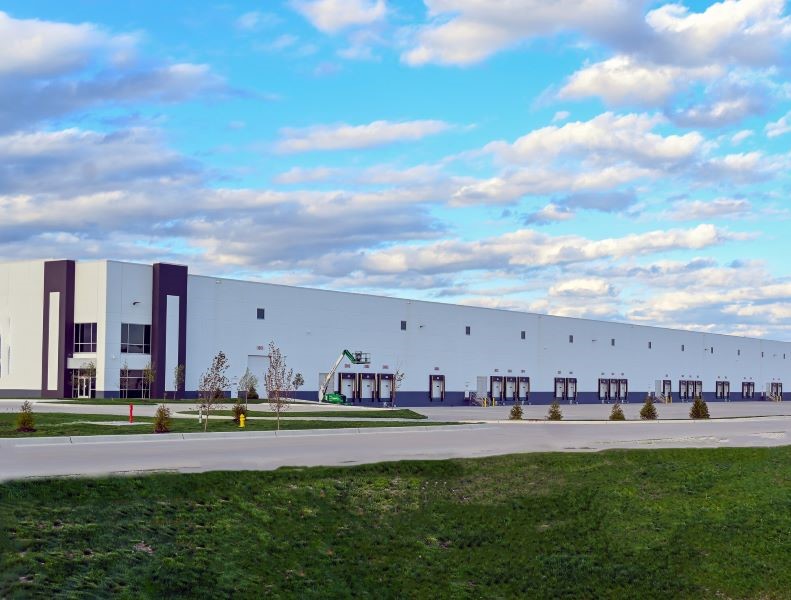
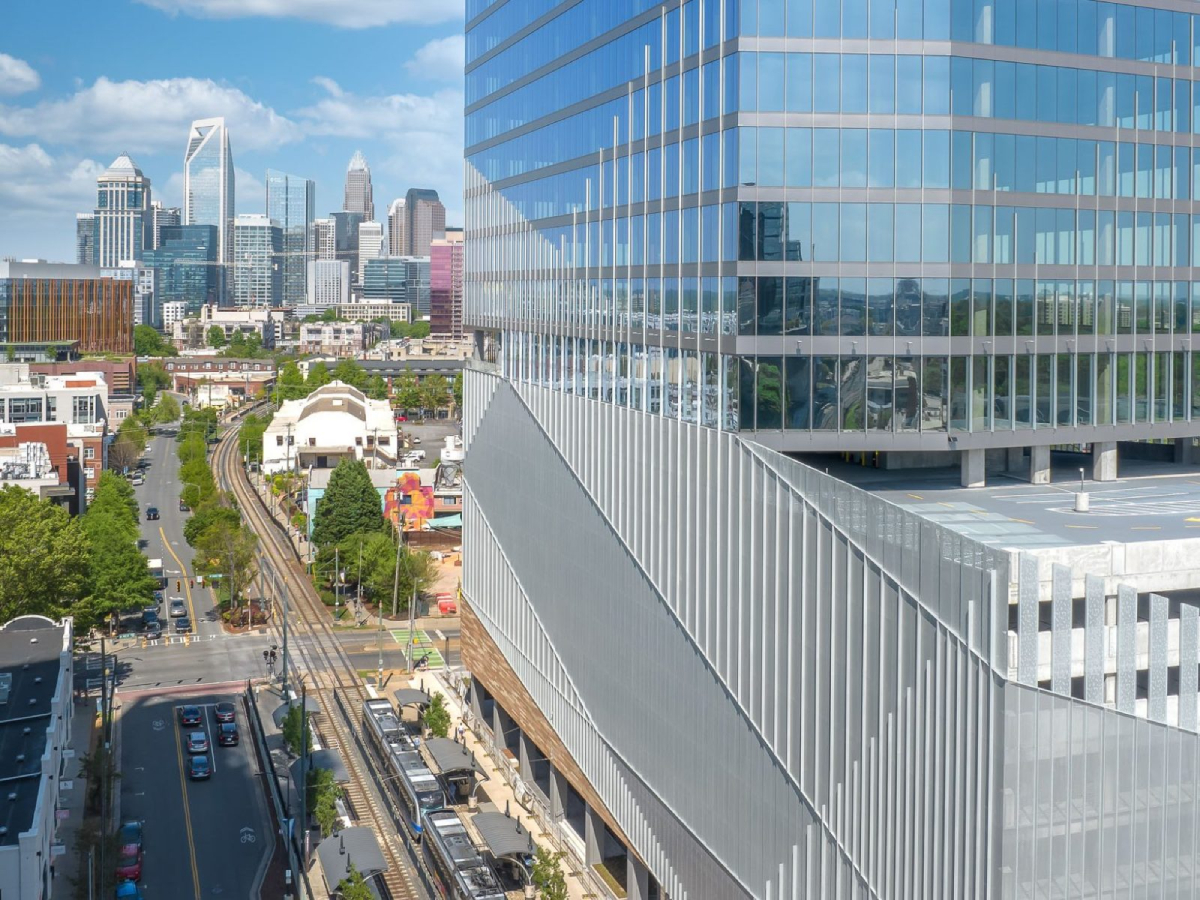
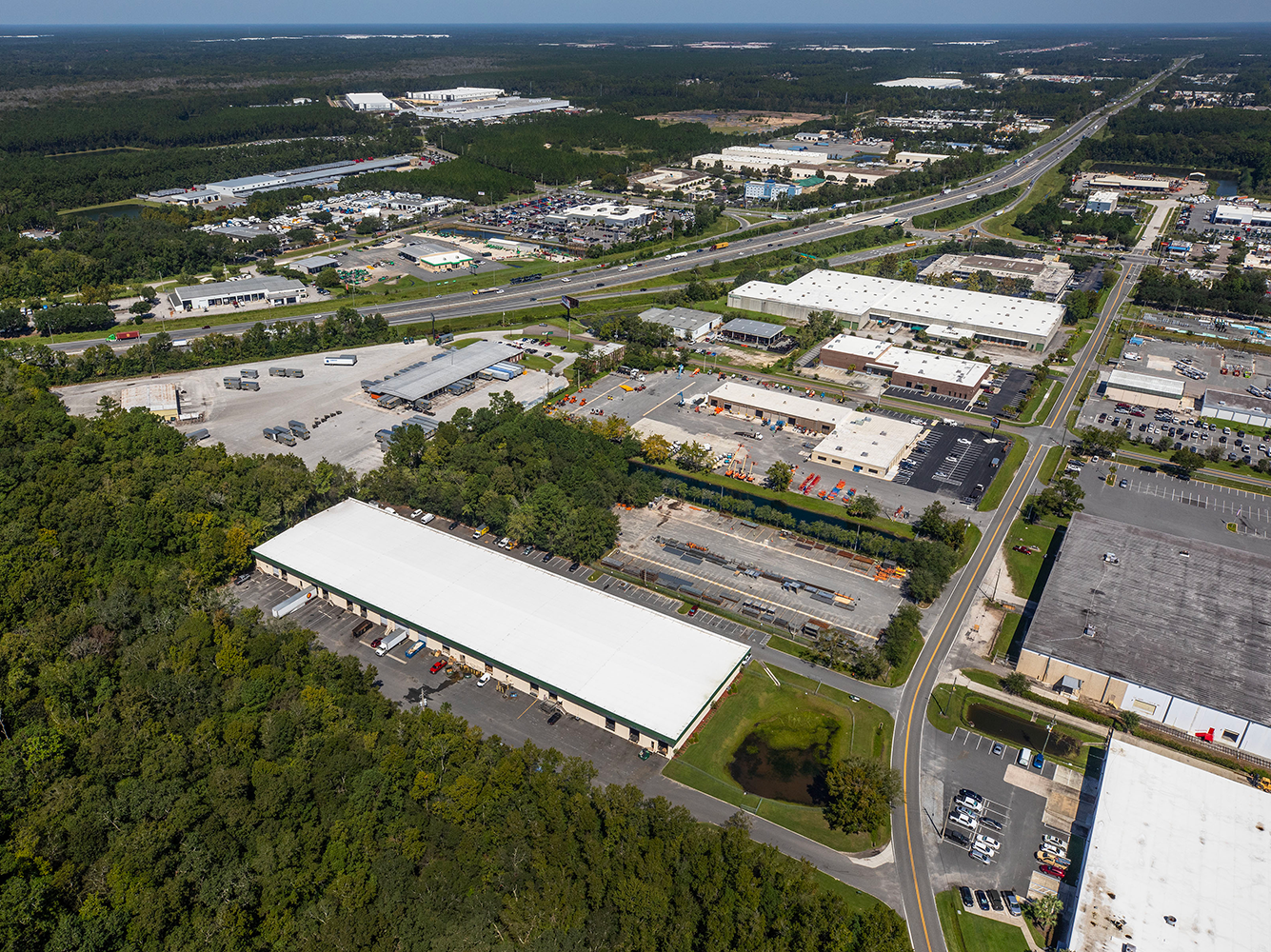

You must be logged in to post a comment.